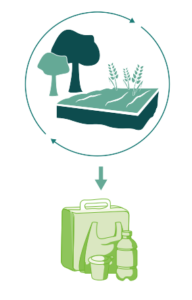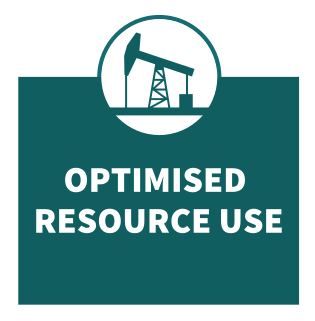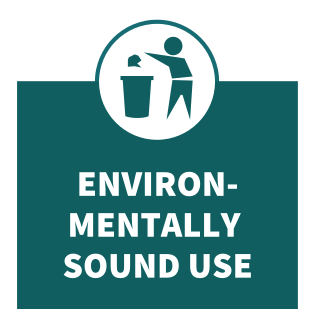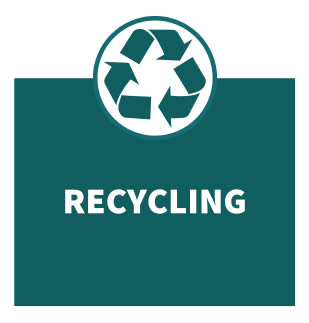DESIGN FOR SUSTAINABLE SOURCING

Sustainable sourcing addresses the way in which raw materials are extracted or grown, refined and processed before they are used in packaging materials. These processes might involve significant negative impacts on the environment, such as the non-sustainable use of rare natural resources, damage to fragile ecosystems and Biodiversity or pollution of air, water and soil. Furthermore, the question of how and by whom these processes are performed is often closely interlinked with the living and working conditions of people resident in the geographic sourcing areas concerned. This can involve, for example, conflicts over the use of land for resource extraction as opposed to food production.
Bio-based polymers and other bio-based materials are often selected because this enables the use of non-renewable resources for packaging materials to be reduced. However, the possible Environmental impact areas mentioned above need to be considered carefully for these types of raw material.
The use of recycled polymers also helps to reduce the use of non-renewable natural resources. Nevertheless, even if the other possible negative environmental impacts already mentioned are not relevant here, recycled materials should of course be sourced from suppliers who are transparent regarding the origin of the materials and operate under environmentally and socially sound conditions.
As it is virtually impossible in practice to trace all precursor materials back to their origins, these Guidelines on “Design for Sustainable Sourcing” focus on the use of
- Sourcing from responsible suppliers
-
Bio-based material from sustainable production
OPTIMISATION APPROACHES



 The latter requirements also apply to responsibly sourced recycling materials. In addition, it must also be possible to trace where they come from and the environmental compatibility of the recycling processes.
The latter requirements also apply to responsibly sourced recycling materials. In addition, it must also be possible to trace where they come from and the environmental compatibility of the recycling processes.

